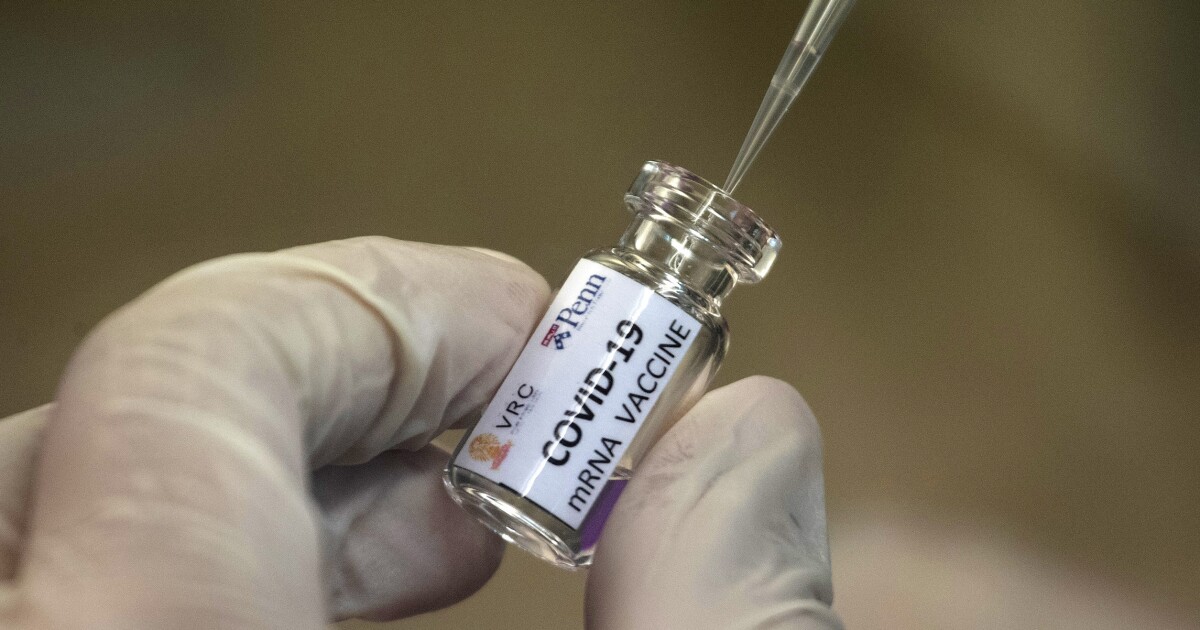

The majority of people who were infected with the omicron variant of COVID-19 did not know they had the virus, a study published by researchers at Cedars-Sinai revealed Wednesday.
The Los Angeles-based research team found that 56% of the 210 people who had evidence of a previous COVID-19 infection did not know they ever had the virus. The study was conducted during a surge in the variant that ended in May and looked at 2,479 blood samples.
COVID-19 LINKED TO HIGHER RISK OF BRAIN FOG AND DEMENTIA: STUDY
The study also revealed that only 10% of the cases were symptomatic, but patients who did have symptoms said it was similar to a cold or other infection.
One of the study’s authors, Dr. Susan Cheng, said she hopes people will use the data in the study to take COVID-19 tests if people with whom they have contact test positive for the virus.
“We hope people will read these findings and think, ‘I was just at a gathering where someone tested positive,’ or, ‘I just started to feel a little under the weather. Maybe I should get a quick test,'” Cheng said in a news release. “The better we understand our own risks, the better we will be at protecting the health of the public as well as ourselves.”
The widespread lack of awareness of omicron cases could help explain why the variant spread so quickly, the study said. The level of awareness of people who did know they had the virus was slightly higher among healthcare professionals, according to the study.
“Our study findings add to evidence that undiagnosed infections can increase transmission of the virus,” Dr. Sandy Joung said. “A low level of infection awareness has likely contributed to the fast spread of omicron.”
The omicron variant, first detected last November, produced milder symptoms than the delta variant.
More studies will be needed to determine how much a lack of awareness played in transmitting the virus, researchers said. Cheng and her colleagues are also studying patterns and predictors of reinfections and their potential to offer long-lasting immunity to the virus, according to the release.
CLICK HERE TO READ MORE FROM THE WASHINGTON EXAMINER
Although cases of COVID-19 are still appearing, officials have shifted their response to the pandemic into managing the virus on a more long-term basis. The Centers for Disease Control and Prevention relaxed its guidelines earlier this week, shifting their recommendations that people exposed to COVID-19 who are not up to date with their vaccine doses should wear a mask for 10 days in indoor settings and test on day five instead of quarantining.
The new guidance also eliminates quarantine recommendations and the “test to stay” policy for schools and early childcare programs, which requires unvaccinated students exposed to COVID-19 to stay in school rather than quarantine as long as their tests come back negative.







